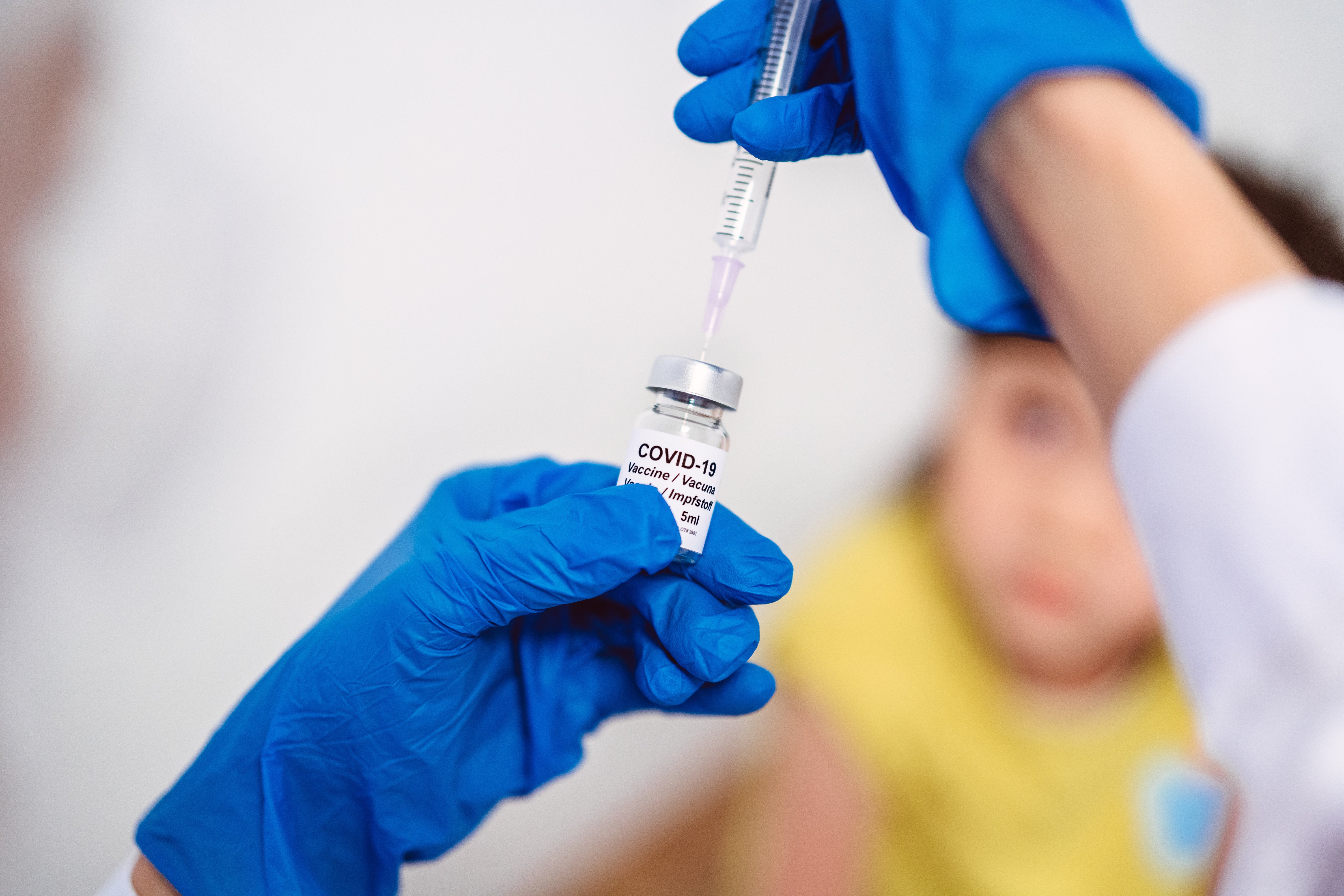
.
The Fda broadened emergency situation usage permission of the Pfizer-BioNTech COVID-19 vaccineto consist of teenagers12to15 years of age on Might10,2021 The Centers for Illness Control and Avoidance followed with suggestions backing usage in this age
after their advisory group conference on Might12 The American Academy of Pediatrics likewise supports this choice.
Dr. Debbie-Ann Shirley is an associate teacher of pediatrics at the University of Virginia concentrating on pediatric transmittable illness. Here she resolves a few of the issues moms and dads might have about their teenager or preteen getting the COVID-19 vaccine.
1. Does the vaccine operate in teenagers?
Yes, just recently launched information from Pfizer-BioNTech reveals that the COVID -19 vaccine appears to work actually well in this age. The COVID-19 vaccine was discovered to be100 ?fective in avoiding symptomatic COVID-19 in a continuous medical trial of kids in the U.S. aged12to15. Teenagers made high levels of antibody in action to the vaccine, and their immune reaction was simply as strong as what has actually been seen in older teenagers and young people 16-25 years of age.
2. How do I understand whether the vaccine is safe for my kid?
Up until now, the COVID-19 vaccine seems safe and well endured in teenagers. All of the COVID-19 vaccines licensed for usage in the U.S. have actually gone through extensive research study, however we do not wish to presume that kids are little grownups. This is why it is so essential to study these vaccines simply as thoroughly in kids prior to health authorities might advise usage. Continuous research studies will continue to follow immunized kids carefully and robust security tracking will assist quickly recognize uncommon or unforeseen issues if they emerge.
3. I believed kids were low-risk– do they still require to get the vaccine?
Presently, kids represent almost one-quarter of all brand-new reported weekly COVID-19 cases in the U.S. While major disease from COVID-19 is unusual in kids, it does happen– countless kids have actually been hospitalized and a minimum of 351 kids have actually passed away from COVID-19 in the U.S. Some kids who get seriously ill from COVID-19 might have underlying health conditions, however not all do. Vaccination will assist safeguard kids from establishing severe health problem.
Furthermore, given that teenagers can transfer COVID-19 to others, immunizing kids might show to be a vital part of securely returning to regular activities of life, consisting of participating in school face to face, taking part in group sports and hanging out with good friends. A big study of school-aged kids revealed that kids completely or partial virtual school reported lower levels of exercise, less in-person time fraternizing buddies and even worse psychological or psychological health compared to those getting complete in-person education. Kids are experiencing unmatched boosts in indirect negative health and academic repercussions connected to the pandemic, and we require to discover methods to assist them get rapidly and securely back to typical life. Vaccination is among them.
4. What adverse effects might I anticipate for my kid?
Nonsevere negative effects might be experienced following vaccination. The most typically reported negative effects have actually been discomfort and swelling at the injection website. Other typical negative effects consist of fatigue and headache. Comparable to young people, some teenagers have actually experienced fever, chills, muscle pains and joint discomfort, which might be more typical after the 2nd dosage. These results are short-term, nevertheless, and the majority of deal with within one to 2 days.
Some teenagers might pass out when getting an injection. If this is an issue for your kid, let your vaccine administration website understand ahead of time– your kid can be offered the vaccine while they’re seated or resting to prevent injuries from falling.
5. Have there been any extreme responses amongst kids?
No severe unfavorable occasions associated to vaccination were reported in the Pfizer-BioNTech scientific trial. Major allergies have actually hardly ever been reported in older individuals. Anybody with a recognized serious or instant allergic reaction to the vaccine or any part of the vaccine ought to not get the vaccine. If your kid has a history of any serious allergies or any kind of instant allergy to a vaccine or injectable treatment, let the vaccine website administrator understand so that your kid can be kept an eye on for at least 30 minutes after getting the vaccine
Moms and dads must talk with a relied on healthcare company or specialist if they have particular concerns about the possibility of an allergy in their kid.
6. When will a COVID-19 vaccine be licensed for kids more youthful than 12 years?
COVID-19 vaccine makers have actually started or are preparing to start evaluating COVID-19 vaccines in more youthful kids. As more info appears, the licensed age suggestions might alter. Kids ages 2-11 years of ages might possibly be qualified as early as completion of this year
7. If I’ve been immunized however my kid hasn’t, could I still provide the infection to them?
The COVID-19 vaccines do not consist of live COVID-19 infection, so they can not trigger COVID-19 Rather, getting immunized will assist secure both you and your kids from COVID-19 Research studies have actually revealed that immunized pregnant and breast feeding moms can pass protective resistance on to their young babies throughout the placenta and in breast milk— another advantage of vaccination.
Though scientists are still finding out how well the vaccine can assist avoid spread, vaccination is still an essential method to restrict contaminating individuals who are not yet qualified for the vaccine, like more youthful kids.
This post was initially released on The Discussion Check out the initial short article
No comments:
Post a Comment